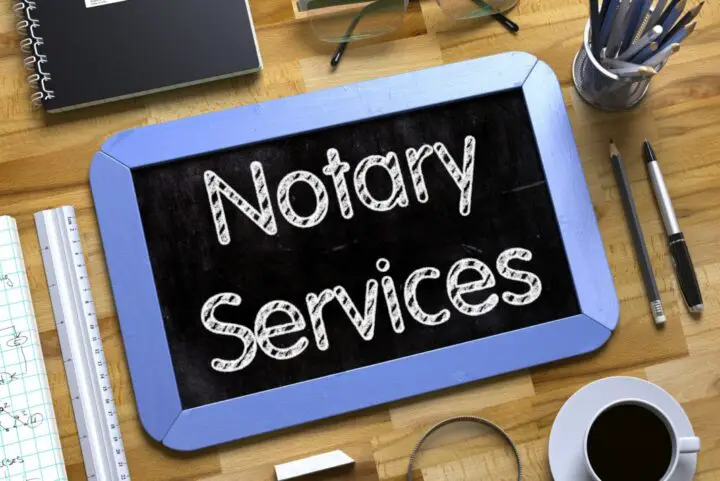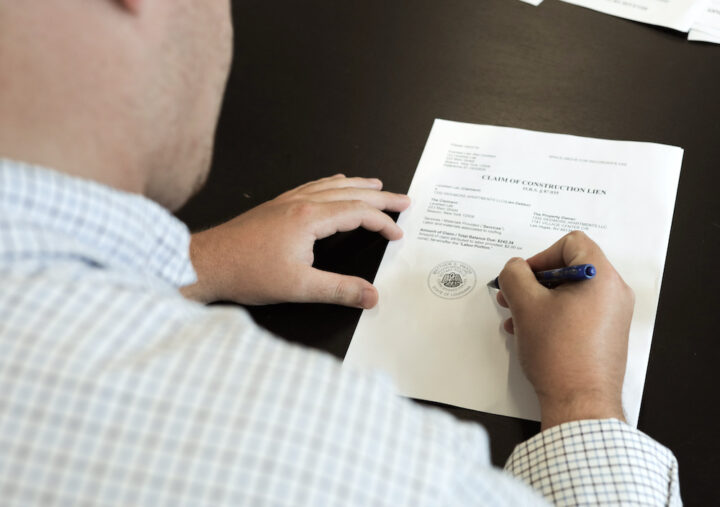What Is The Difference Between A Notary Public And A Professional Lawyer?

There is huge confusion on whether to hire a notary public or a lawyer, for Apostille certificate of specific documents. The apostille certificate is essential to legalize a document that bears the signature and unique seal of the commissioned notary. The notary public role differs from a lawyer. Even if both handle legal matters, there is a difference in their duties and responsibilities.
Notary public versus lawyer

How do services differ?
- It offers limited services to the public. They do the non-litigious task, which means not representing clients in the court. Their task is to offer impartial service that helps the public to complete their contract material and paper endorsement. On the other hand, a lawyer offers tailored and direct legal advice. A lawyer represents the client’s in court on their behalf or while supervising the signature of specific documents.
- A notary public monitors the signature of particular documents without any bias, while a lawyer can support your legal case after consultation.
How education & training differ?
A lawyer holds a law degree and can become a notary public but a notary public cannot litigate in court. The lawyer does not become a notary public they need to apply for this extra designation. On the other hand, to become a notary public the candidate needs to pass an online exam and background check. The basic requirement is 18 years and more and residence of the specific state where their license is valid. There must not be any conviction history associated with felonies or misbehaviors.
In the UK, there are some solicitors and barristers that offer notary service. Some prefer to exclusively work as notaries like the GKG Notary London. They have wide legal training, education, and optimistic background checks. You can become a notary if you don’t desire to be a lawyer or you can first become a notary and then pursue your law degree. The notaries in the UK are appointed and regulated but the Archbishop of Canterbury’s Faculty Office.
How do fees differ?

A notary public cannot receive or charge a fee randomly for their notarial act. The state notary laws have defined the maximum amount, which the notary public needs to check. Even if they are a lawyer they cannot charge more than what is scheduled by every state.
What are the responsibilities of a notary public?
Notarizing the legal document needs to fulfill the minimum requirements. It includes a defined commitment, the original signatures of involved parties, and the signatory’s photo identification. If the notary feels satisfied, a notarial certificate is awarded and a special notary seal is appended to the notarized document.
Other duties of the notary public are –
- Detect fraud
- Affirm participating parties state of mind
- Verify and record IDs of participants involved in the agreement
- Complete notarial certification on every document
- Notary journal management
- Administer oaths
- Take affidavits & statutory declarations
- Handle marriage certificates contracts, loan documents, and other legal paperwork
What is included in the notarial act?

A document that is signed, sealed, and certified by the notary public is called a Notarized Document. The notary must confirm that the signs on the specific document are authentic. They ensure that there is no coercion or fraud involved. During the notarial act, a few things are verified.
- Verify the client’s ID with the help of a passport or driver’s license. After verification, the parties involved are documented in their notarial journal as a part of the protocol.
- Checks if the signatories are well aware of the documents they are about to sign. He authenticates that the person is not medicated, intoxicated, or in an unsound mental state, which can affect their judgment.
- The signatory’s capacity is also verified like the age to sign a document to be notarized is 18 + years. If the person is minor then the notary can reject the process.
- The parties involved in a binding contract must do it willingly. There must not be any sign of pressure or coercion.
What kinds of documents need to be notarized?
There are endless numbers of documents that can be notarized but the frequent ones that notaries attest are –
- Affidavits & Statutory declaration
- Corporate minutes & resolution
- Title transfer deeds
- Power of attorneys
- Loan & finance agreements & certified copies
- Share purchase contracts
- Minor travel authorization
- International documents authentication
- Financial documents like property deeds, mortgage closing, loan documents
- Legal documents like wills, trusts, executorships, guardianship & custody agreements
- Business documents like commercial leases, articles of incorporation, vendor contracts, memorandum, employment contracts
All the important documents or forms don’t need notarization. It is a process used in a situation where there is a need for an impartial witness to ensure that the person signing the document is genuine. If the document does not reveal the correct date or does not look original then the notary has the right to deny the transaction.
What to consider while hiring a notary public?

- For proper notarization of documents hire someone with experience. Besides, the notary needs to be certified and well-trained in proper notary practices. Incorrect notarization rates associated with fresh notaries are high, which does not mean you cannot hire them. Consider their training and certification, so the notarized documents don’t get rejection.
- Several notary services don’t work after office hours. If your need for a notarial act is outside normal working hours then look for online notary services, which is also popular as remote notarization. There are mobile notary services, who visit their client’s location to offer document notarization. Technology has evolved how documents are notarized.
- Before you hire, check the standard notary charges in your state.
- Every notary public must have good jurisdictional knowledge. If they have misapprehension then the notarized documents can suffer. Ensure that the notary has good knowledge associated with jurisdictional issues related to notarization.
To avoid jurisdictional issues or another kinds of challenges, it is smart to learn and research before making an educated decision.
